


Chubu
Asia
/
Japan
/
Chubu
Located centrally on Honshu island, the Chubu region of Japan beautifully blends modern cityscapes and natural wonders. Composed of nine prefectures, this dynamic area includes the urban delights of Nagoya, the impressive Japanese Alps, and the celebrated Mount Fuji along its eastern boundary.
Chubu's climate varies dramatically with each season, boasting hot, humid summers and cold winters—making it a fantastic destination for hiking amid spring cherry blossoms or hitting the slopes in snowy mountains. More interestingly, the weather uniquely differs along the coast of the Japan Sea and the Pacific side, fostering distinct microclimates that directly influence the region's cuisine and cultural practices.
The Chubu region resonates as Japan's hub of craft and tradition. It's vastly recognized for its traditional industries, like Kanazawa's gold leaf production in Ishikawa and ceramics in Aichi. As for gastronomes, they can delight in Nagoya's famous miso katsu (a breaded pork cutlet with rich miso sauce) and fresh wasabi from Shizuoka, nurtured in pristine mountain streams.
The region's endearing historic villages of Shirakawa-go—with their unique gassho-zukuri farmhouses—and the newly preserved old town of Takayama—known for its biannual traditional festivals and morning markets—are must-visit attractions. Additionally, the modern Nagoya Castle and its neighboring gardens provide an attractive juxtaposition to these idyllic rural spots.

Get to Know Chubu
Take a tour of this destination's highlights

Travel Tips for Chubu
What you need to know before traveling here
Getting Around Chubu
A guide to Chubu's local transportation
JR Central’s comprehensive network links major urban spaces with outlying rural areas. Approve a JR Pass before getting to Japan for unrestricted movement. Most lines accept local IC cards such as Toica and Manaca. The train operations are precise, functioning between 5 AM to midnight.
Practical Tips for Chubu
Things to prepare and best way to visit
Chubu's favorable climate and spectacular scenery make spring (March-May) and autumn (October-November) the best seasons to visit.
Major cities and tourist hotspots have plenty of English signs, though English speakers are less widespread than in Tokyo. Using translation apps and understanding basic Japanese can help with communication.
For a comfortable experience, you should budget for 12,000-15,000 yen per day, which will cover your accommodations, meals, and local transport. Consider allocating more for luxury stays in ryokans or fine-dining.
Advance reservations are recommended, especially for popular ryokans, restaurants, and peak-season train tickets (cherry blossom, Golden Week, autumn leaves). Book accommodations at least 2-3 months in advance.
While card payments are accepted at most hotels, restaurants, and stores, it's wise to carry cash for transactions at smaller establishments, local markets, and rural areas. International cards are commonly accepted at 7-Eleven ATMs.
See All Practical Tips for Chubu

Explore Chubu
Create your itinerary with our top picks below

Get to Know Chubu

Travel Tips for Chubu

Explore Chubu
More Destination Near Chubu



















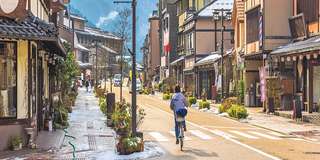
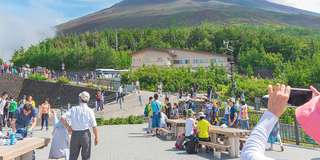
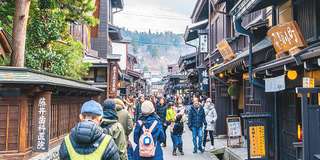

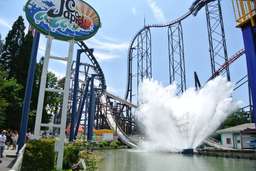

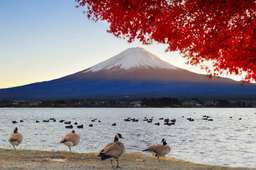
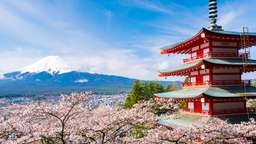


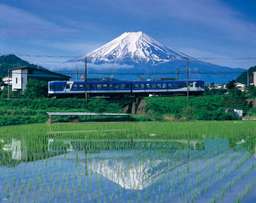

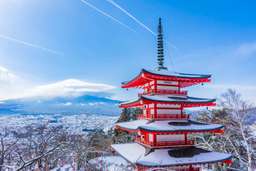



![[Guaranteed Departure] Nagoya Day Tour: Shirakawago, Hida Takayama & Optional Hida Beef Set|Japan, 1.920.544 VND](https://ik.imagekit.io/tvlk/xpe-asset/AyJ40ZAo1DOyPyKLZ9c3RGQHTP2oT4ZXW+QmPVVkFQiXFSv42UaHGzSmaSzQ8DO5QIbWPZuF+VkYVRk6gh-Vg4ECbfuQRQ4pHjWJ5Rmbtkk=/9968424735194/-Guaranteed-Departure-Nagoya-Day-Tour-Shirakawago-Hida-Takayama-Optional-Hida-Beef-Set-Japan-bbb94e2a-7426-43b7-b1a6-a48c239cc85b.jpeg?_src=imagekit&tr=c-at_max,h-456,q-60,w-256)
![[Seasonal Limited] Mt. Fuji One-Day Tour from Tokyo: Arakurayama Sengen Park or Mt. Fuji 5th Station, Oishi Park, Fuji Shibazakura Festival, Maple Corridor, Lake Yamanaka Hot Spring or Boat Tour, 1.327.498 VND](https://ik.imagekit.io/tvlk/xpe-asset/AyJ40ZAo1DOyPyKLZ9c3RGQHTP2oT4ZXW+QmPVVkFQiXFSv42UaHGzSmaSzQ8DO5QIbWPZuF+VkYVRk6gh-Vg4ECbfuQRQ4pHjWJ5Rmbtkk=/8489104977224/-Seasonal-Limited-Mt.-Fuji-One-Day-Tour-from-Tokyo-Arakurayama-Sengen-Park-or-Mt.-Fuji-5th-Station-Oishi-Park-Fuji-Shibazakura-Festival-Maple-Corridor-Lake-Yamanaka-Hot-Spring-or-Boat-Tour-ec603651-b3de-4514-b8d8-5404b8b94d7f.jpeg?_src=imagekit&tr=c-at_max,h-456,q-60,w-256)














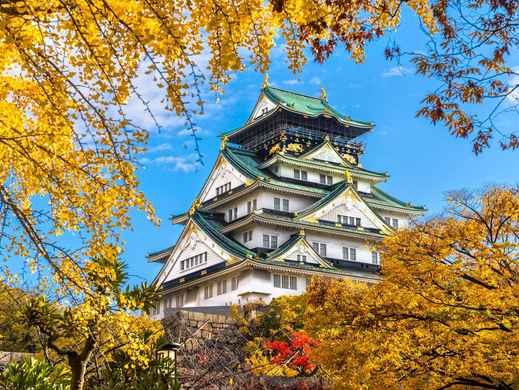

 Facebook
Facebook Instagram
Instagram TikTok
TikTok Youtube
Youtube Telegram
Telegram
